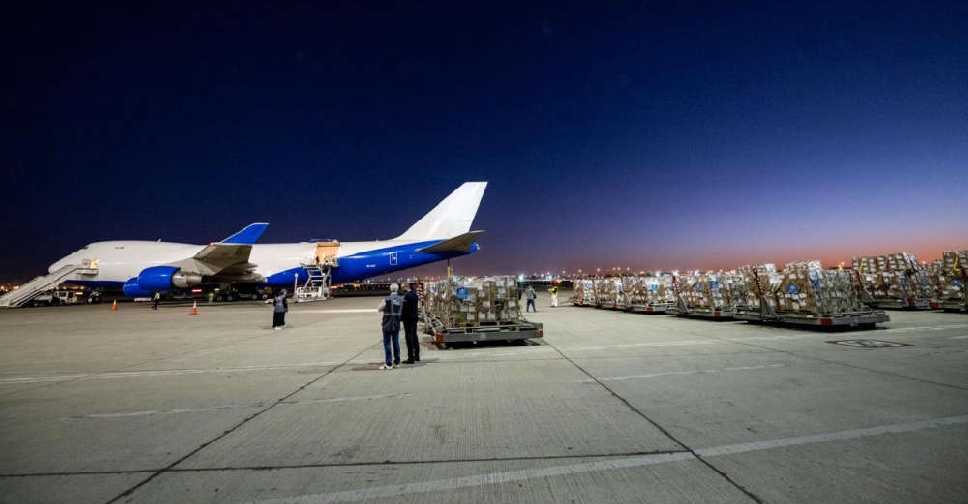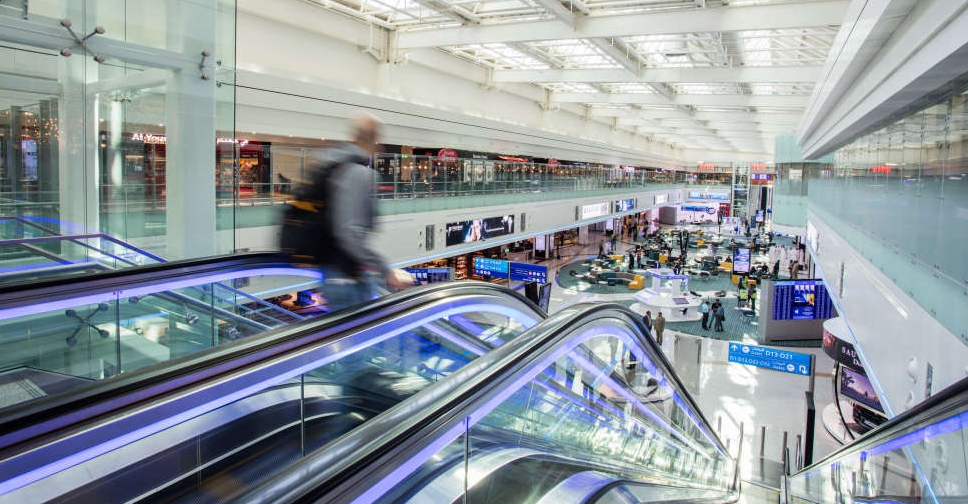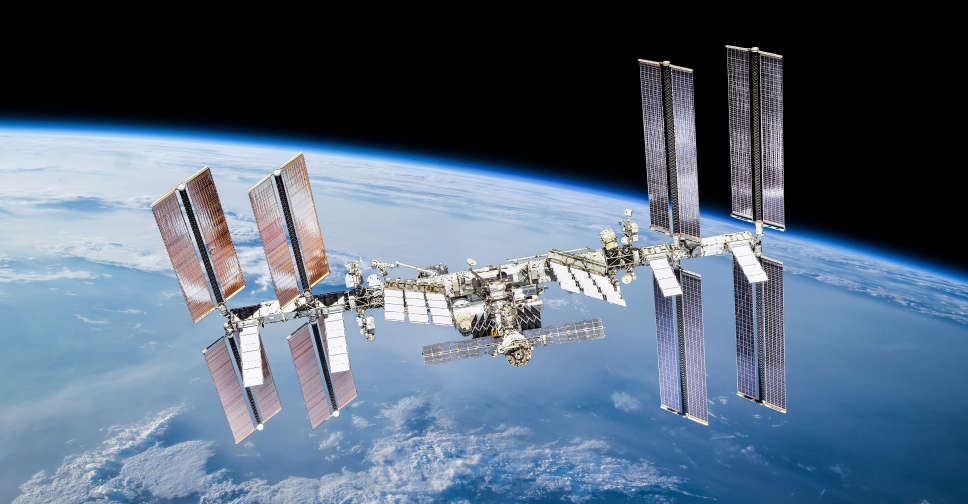
Russia's new space chief on Tuesday signalled his country's intent to withdraw from the International Space Station after 2024.
But a senior NASA official said Moscow has not communicated its intent to pull out of the two-decade-old orbital partnership with the United States.
"Of course, we will fulfill all our obligations to our partners, but the decision about withdrawing from the station after 2024 has been made," Yuri Borisov, the newly appointed director general of Russia's space agency, told Russian President Vladimir Putin on Tuesday.
However, Robyn Gatens, the director of the space station for NASA, said her Russian counterparts have not communicated any such intent, as required by the intergovernmental agreement on the station.
"Nothing official yet," Gatens said in an interview at an International Space Station (ISS) conference in Washington.
"We literally just saw that as well. We haven't gotten anything official."
The ISS arrangement between the United States and Russia is one of the last links of civil cooperation between the two countries as relations have sunk to their lowest point since the Cold War after Russia began its war in Ukraine on February 24.
Still, NASA and Roscosmos, Russia's space agency, have been in talks to extend Russia's participation on the space station to 2030, and the White House earlier this year approved NASA's plans to continue running the orbital laboratory until then.
Russian space chief Borisov's remarks followed a pattern similar to those of his predecessor, Dmitry Rogozin, who during his tenure would occasionally signal an intent to withdraw from the space station -- in contrast with official talks between NASA and Roscosmos.
Asked for clarification on Russia's space station plans, a Roscosmos spokeswoman referred Reuters to Borisov's remarks without saying whether it represented the agency's official position.
NASA has seen Russia as crucial to keeping the space station running, and agency officials are keen on keeping the partnership in place through 2030, officials have previously said.
A football field-sized orbital science laboratory some 250 miles (400 km) above Earth, the station counts Canada, Japan and the European Space Agency as other key partners, though Russia and the US are regarded as the outpost's core stakeholders -- Russian thrusters control the station's position in orbit, while an American power grid keeps the outpost running.
Earlier this month, Russia and the US agreed to resume sharing astronaut flights to the space station, allowing cosmonauts to fly on American vehicles in exchange for American astronauts flying on Russia's Soyuz.
Former Russian space chief Rogozin had previously said as director general that Russia could not agree to extend his country's role on the ISS beyond 2024 unless the US lifts sanctions on two Russian companies that had been blacklisted for their suspected military ties.
Putin removed Rogozin as space chief on July 15, replacing him with Borisov, a former deputy prime minister and deputy defence minister.




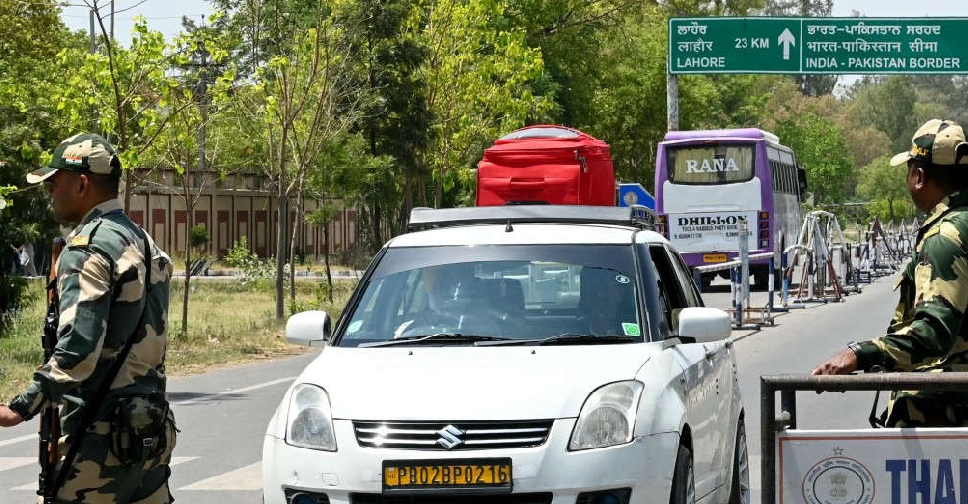 Pakistan closes air space for Indian airlines
Pakistan closes air space for Indian airlines
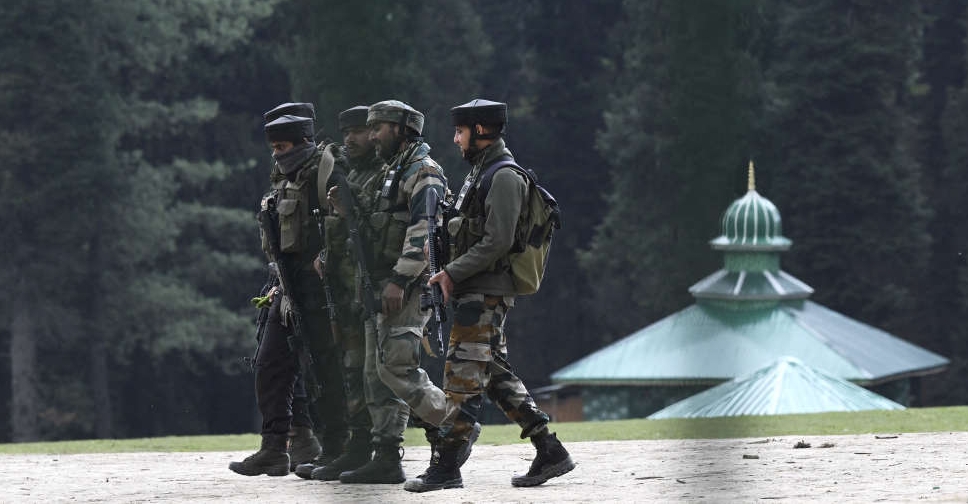 India will pursue perpetrators of Kashmir attack to 'ends of earth', Modi says
India will pursue perpetrators of Kashmir attack to 'ends of earth', Modi says
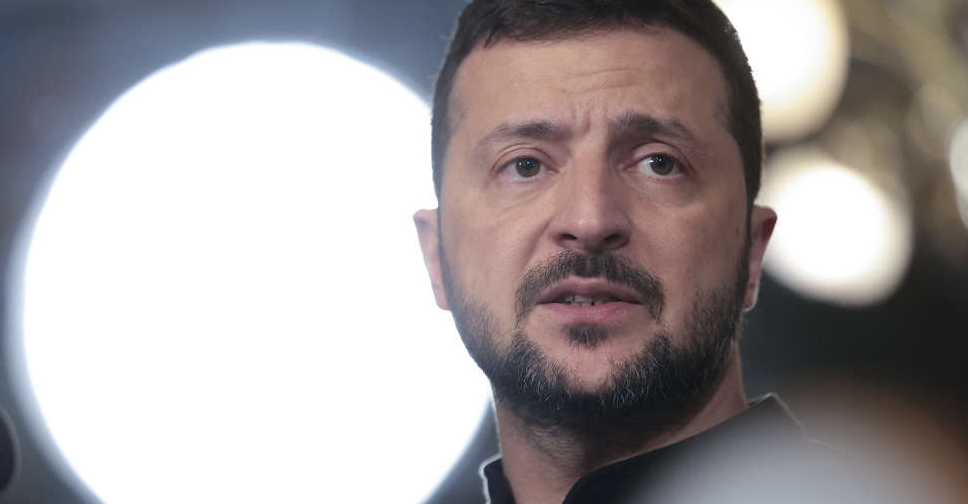 Zelenskyy cuts short South Africa trip after Russian strike on Kyiv
Zelenskyy cuts short South Africa trip after Russian strike on Kyiv
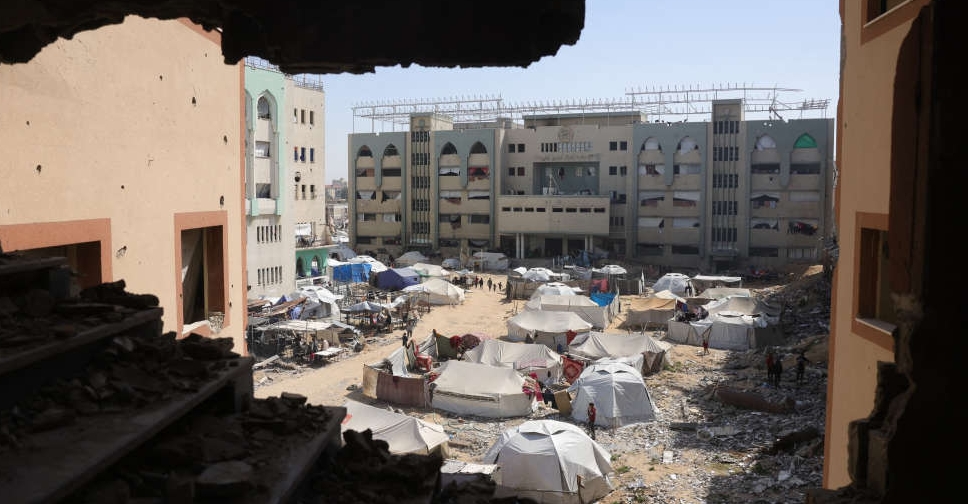 Israeli fire kills at least 26 people in Gaza, hits a police station
Israeli fire kills at least 26 people in Gaza, hits a police station
